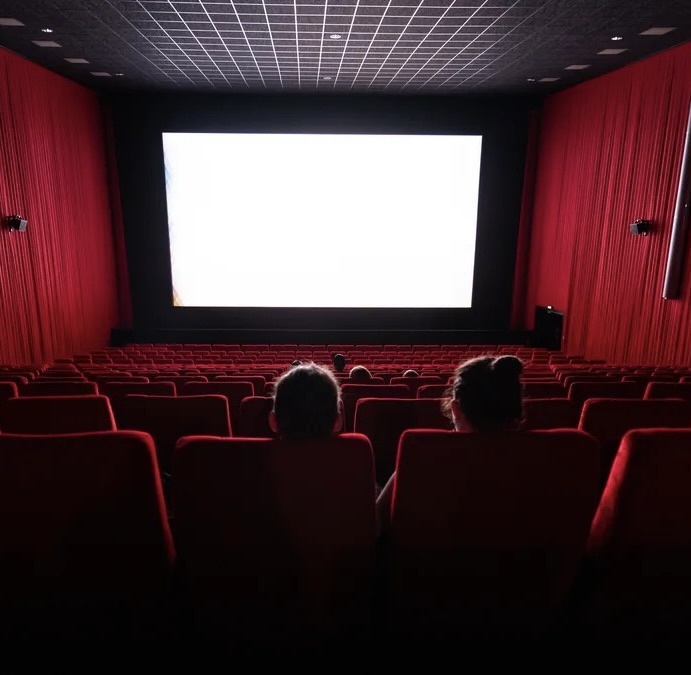How Streaming Took Over the Entertainment Industry


Not too long ago, going to the movies was an event. People lined up outside theaters for blockbuster premieres, eager to witness the latest spectacle on the big screen. Hollywood was the heart of entertainment, producing billion-dollar visions and setting worldwide cultural trends.
But today, the industry is struggling. Theaters are more empty than ever, box office numbers are dropping, and major film studios such as Warner Bros, Paramount Pictures, and 20th Century are losing ground,
Meanwhile, streaming giants like Netflix, Hulu, and Amazon Prime Video are dominating the industry, offering audiences more choices, greater convenience, and better content—all for a more affordable price.
So, what happened? How did Hollywood lose its grip on entertainment, and why are streaming services taking over?

The 2020 pandemic dealt a significant blow to the movie industry. With theaters shut down for months, studios were forced to delay major releases and many pivoted to streaming. Audiences consequently grew accustomed to watching movies in the comfort of their home, never returning to the theaters even after restrictions were lifted.
Secondly, the cost of going to the movies has skyrocketed. The combined total of tickets, snacks, and parking can easily cost more than a simple monthly subscription. A single trip to the theater as a family can cost over $50! Plus, with the hassle of organizing a showtime, dealing with the crowds and sitting through endless previews, it’s no wonder people prefer to stay home. This unmatched convenience allows people to watch content anywhere at any time and on any device—a major contribution to why people prefer streaming.

Most significantly, blockbusters are increasingly becoming only sequels and reboots because many writers have begun to lack creativity in generating new material. Many feel that originality has shifted to streaming platforms, where unique storytelling and risk-taking are far more common because they have the ability to reach larger audiences. These streaming platforms have come to produce award-winning series and movies, often surpassing traditional Hollywood films.
At the 2025 Oscars, Netflix had 18 Oscar nominations compared to Universal Picture’s 25 nominations. Streaming platforms are no longer a side note in award shows, proving they can produce award-worthy films.

Hollywood isn’t completely dead yet. But if it wants to survive, it must change. Relying on outdated business models and uninspired sequels won’t be enough. Hollywood needs to focus on taking creative risks in order to remain relevant.
Yet, the shift from Hollywood dominance to streaming supremacy is just one chapter in a constantly evolving industry. From silent films, to the introduction of television, to digital—change is inevitable. Streaming may rule today, but what comes next? With AI on the rise, the future of entertainment is limitless.
